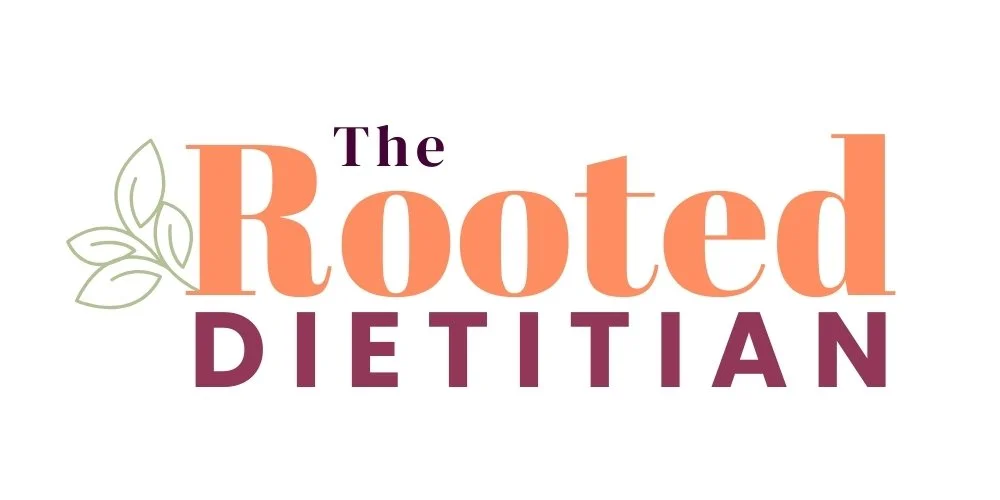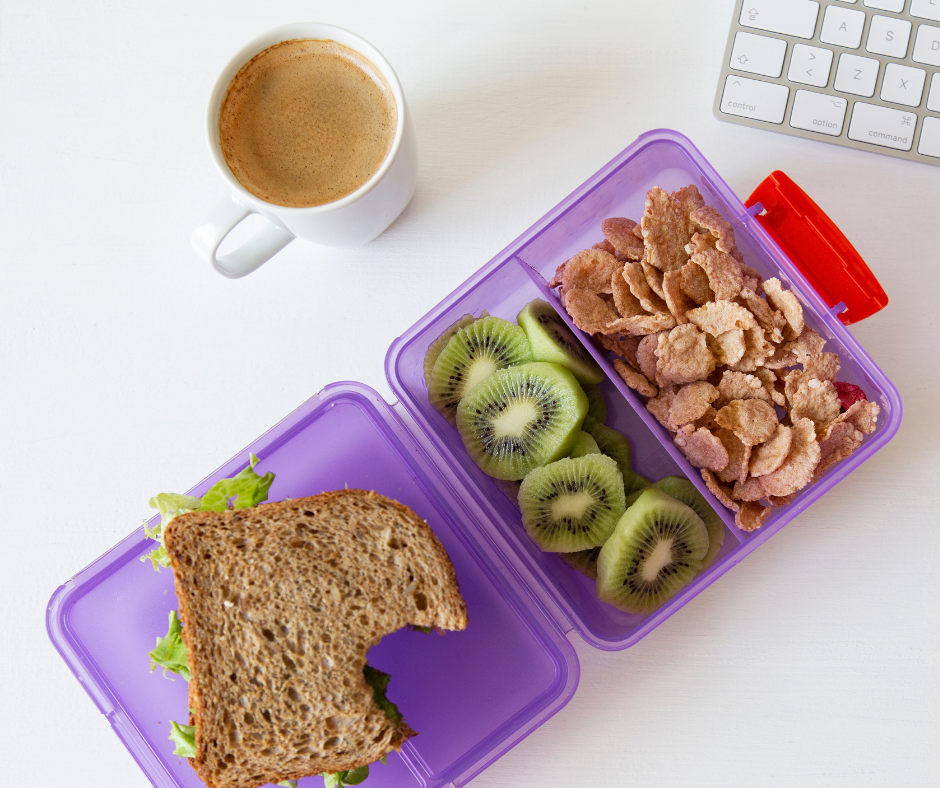Nutrition for Focus and Productivity
In today’s fast-paced world, staying focused and productive can feel like a full-time job in itself. While strategies like scheduling, time-blocking, and minimizing distractions may help, the foundation for mental sharpness actually starts on your plate.
As a dietitian, I’ve seen firsthand how simple adjustments in daily nutrition can enhance concentration, memory, and energy throughout the day. Here’s your guide to fueling your brain for optimal performance.
1. Prioritize Balanced Breakfasts
Starting your day with a balanced breakfast sets the tone for mental clarity. Good foods to include:
Protein: Eggs, Greek yogurt, tofu, or nut butter
Complex carbohydrates: Oats, whole-grain toast, quinoa
Healthy fats: Avocado, nuts, seeds
Balanced macronutrients help stabilize blood sugar, reducing mid-morning crashes and supporting sustained attention.
Want a few more balanced breakfast ideas? See my blog post here.
2. Hydration Matters
Even mild dehydration can impair concentration and memory. Personally, I have to be mindful of hydration to prevent migraines, too. Keep a water bottle at your desk and aim for about 8 cups of water per day, adjusting for activity level and climate.
👉 Tip: Herbal teas, coffee and sparkling water all count toward hydration, but avoid excess caffeinated drinks that can disrupt energy if you’re consuming these later on in the day!
Want more on how to balance out your hydration? See Harvard’s Nutrition Source on Healthy Beverage Guidelines.
3. Brain-Boosting Snacks
Smart snacking prevents energy dips and keeps your mind alert. Quick and healthy options include:
Mixed nuts or trail mix (with minimal added sugar)
Fresh fruit like berries or apple slices with nut butter
Veggie sticks with hummus
👉 Tip: Combine some nuts or seeds with a small helping of reduced sodium cottage cheese, fresh berries, and a sprinkle of cinnamon for a protein and fiber packed snack that also supports stable blood sugar through your day.
4. Incorporate Omega-3s and Micronutrients
Certain nutrients are particularly supportive of brain health. Eat more of these foods daily to optimize your cognitive function and promote healthy brain aging:
Omega-3 fatty acids: Salmon, sardines, chia seeds, walnuts
B-vitamins: Leafy greens, legumes, eggs
Magnesium & zinc: Almonds, pumpkin seeds, whole grains
Regularly including these foods helps maintain neurotransmitter balance and cognitive function, and the other micronutrient profiles in these foods support a robust immune system and may improve mental health.
Curious about the science behind Omega-3s and cognitive function? Read an updated scientific review here.
5. Plan Lunches that Sustain Energy
Midday meals should balance protein, complex carbs, and vegetables to avoid the “afternoon slump.”
Example:
Quinoa salad with grilled chicken, mixed greens, cherry tomatoes, and olive oil dressing
Whole-grain wrap with hummus, roasted veggies, and avocado
Lentil and veggie soup with a side of whole-grain crackers
Your best go-to formula: Grain base + Lean protein + Fruit or veggies with a little healthy fat (nuts, seeds, etc)
Stuck on meal ideas and can’t ever figure out what to prepare for the week? Consider our meal planning services.
6. Mindful Eating During Work Hours
It’s easy to eat distracted while at your desk. Try to:
Set a dedicated lunch break away from screens - even if it’s not too long, eating without scrolling can reduce your caloric intake
Chew slowly and focus on flavors and textures
Listen to hunger cues to prevent overeating or energy crashes
Mindful eating supports digestion and ensures your brain gets the nutrients it needs efficiently.
7. Limit Excess Sugar and Highly Processed Foods
While convenient, high-sugar and ultra-processed snacks lead to spikes and crashes in blood sugar, reducing focus and productivity. Replace sugary snacks with fruit, nuts, or protein-based alternatives. If you have one particular snack you just can’t give up, then consider seeking a reduced fat and lower sugar version, or making your own version, to improve the macros profile. I will never give up a sweetened coffee, but opting for my favorite sugar-free creamer means I can enjoy it without the worry of an energy slump later.
8. End the Day with a Balanced Dinner
Evening nutrition supports recovery and the ability to focus the next day. Include lean protein, vegetables, and complex carbohydrates to replenish glycogen stores and repair tissues.
Example:
Baked salmon with roasted sweet potatoes and broccoli
Stir-fried tofu with brown rice and mixed vegetables
Protein pasta with a lean beef bolognese and sauteed spinach
Putting It All Together
Nutrition is paramount in productivity. Consistent and balanced meals, strategic snacking, and adequate hydration can improve focus, energy, and mental performance and promote your best brain health long term. Start small by adjusting one meal or snack at a time, and build routines that support your work and lifestyle.
If you want personalized guidance for boosting focus through nutrition, The Rooted Dietitian offers individual counseling, meal planning services, and group workshops. Book your appointment today!



